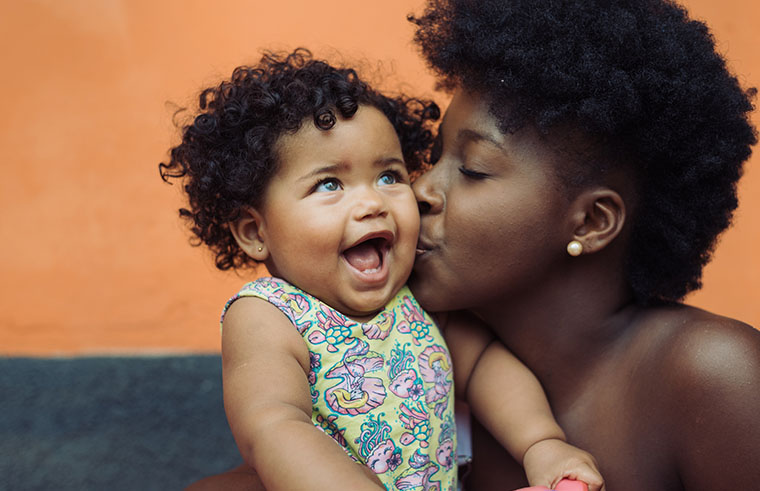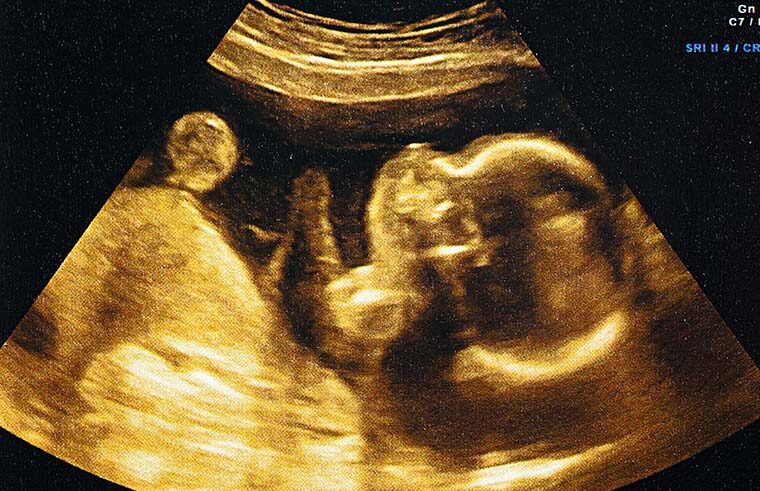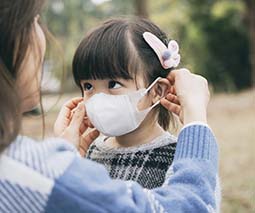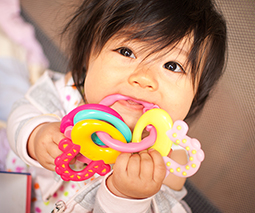Your baby’s cells can live on in your body for decades

If you’ve ever felt like your little human has pretty much taken over your life, you won’t be at all surprised to learn that they’ve taken over your body too!
Tiny hitchhikers
According to Amy Boddy, a researcher at Arizona State University’s Department of Psychology and lead author of the study, tiny cells from your baby remain in your body, sometimes for decades after birth.
Not only are these microscopic cells floating around a mother’s body for very many years, they migrate through the placenta into other parts of the body, including the bloodstream, gut and even the brain. This migration of foetal cells into a mother’s body is called foetal microchimerism and researchers say that even when the cells disappear, their effect on a mother’s body endures.
Give and take
Experts say these floating ‘baby crumbs’ (our term!) may be seen as foreign objects by our bodies, undermining health and sometimes sparking the inflammatory and auto-immune disorders so often seen in women.
But it’s not all bad news. Researchers say that foetal cells may also play a role in mother’s wellbeing, migrating to damaged tissue post-birth and helping it to heal.
Sometimes foetal cells just hang about like lazy backpackers, apparently doing little more than hitchhiking inside their mum.
Scientific editor and researcher Matt Brown elaborates further in his book Everything You Know About Science Is Wrong.
“Your human cells are not entirely your own. Many mothers retain cells from their babies in a process known as microchimerism. These cells function and divide alongside the mother’s native cells, yet remain genetically distinct.”

Sibling shares
Foetal cells transfer not only from baby to mother, but possibly also to any subsequent pregnancies/siblings. If you have older siblings, or your mother had pregnancies prior to your birth, there is a chance that there are little bits of them dotted through you, too!
As The Smithsonian explains, “The mother’s body accumulates cells from each baby – and potentially functions as a reservoir, transferring cells from the older sibling into the younger one and forming more elaborate microchimeras.”
There are even some interesting theories that foetal cells may migrate from one generation to the next, meaning you may carry the cells of your uncle or grandmother with you every day. (They’re just theories at present, as researchers aim to find out more.)
Early days
Jaw-dropping theories really do abound when it comes to this phenomenon, and there’s obviously still so much we don’t know about foetal microchimerism, but scientists are excited that it may play a starring role in a myriad of health outcomes for both mothers and their babies.
Researchers are already investigating the impact of foetal cells on milk production and successful breastfeeding. They’re also looking further into the relationships between foetal cells and breast cancer, thyroid disease, pregnancy loss, maternal bonding, postnatal depression and infant health. And that’s just for starters.
Foetal microchimerismis an exciting frontier that just may unlock mysteries about women’s health while optimising the health of our children too.
 Need some support to be the best parent you can be? Our Parent School parent coaching experts can help. Click to find out more or book a one-on-one session.
Need some support to be the best parent you can be? Our Parent School parent coaching experts can help. Click to find out more or book a one-on-one session.









